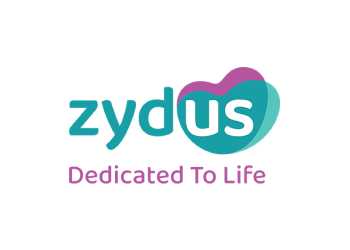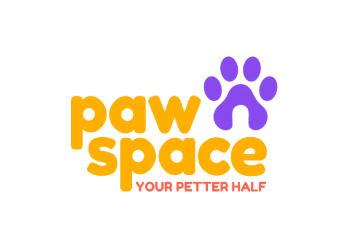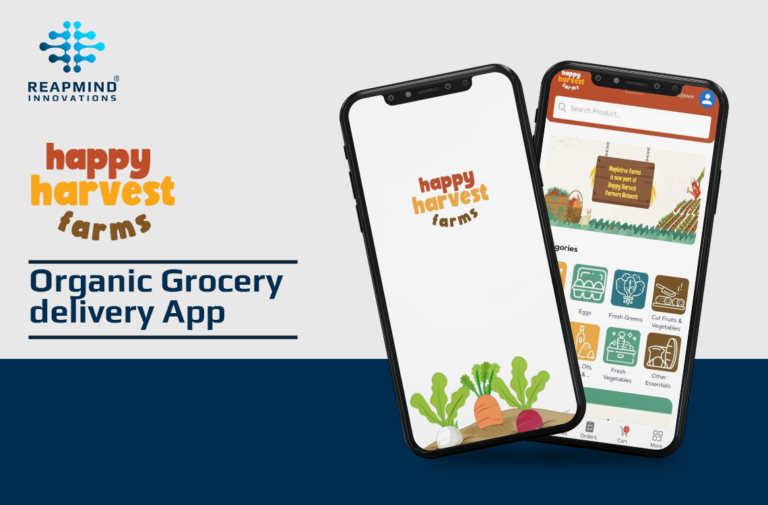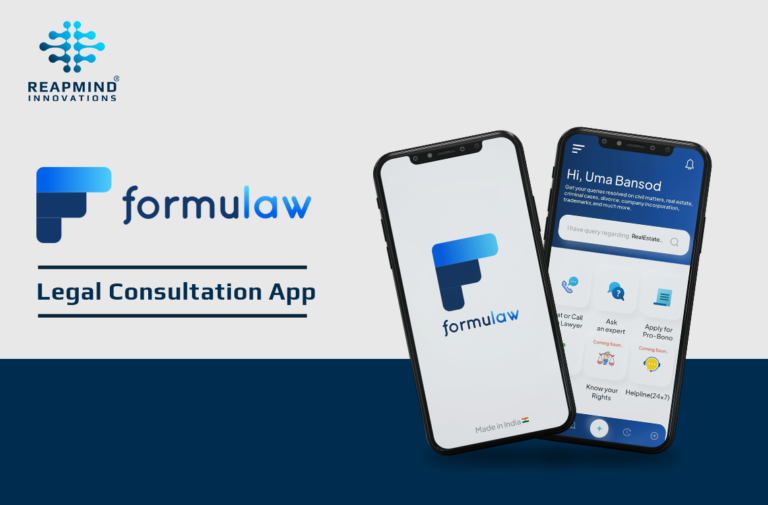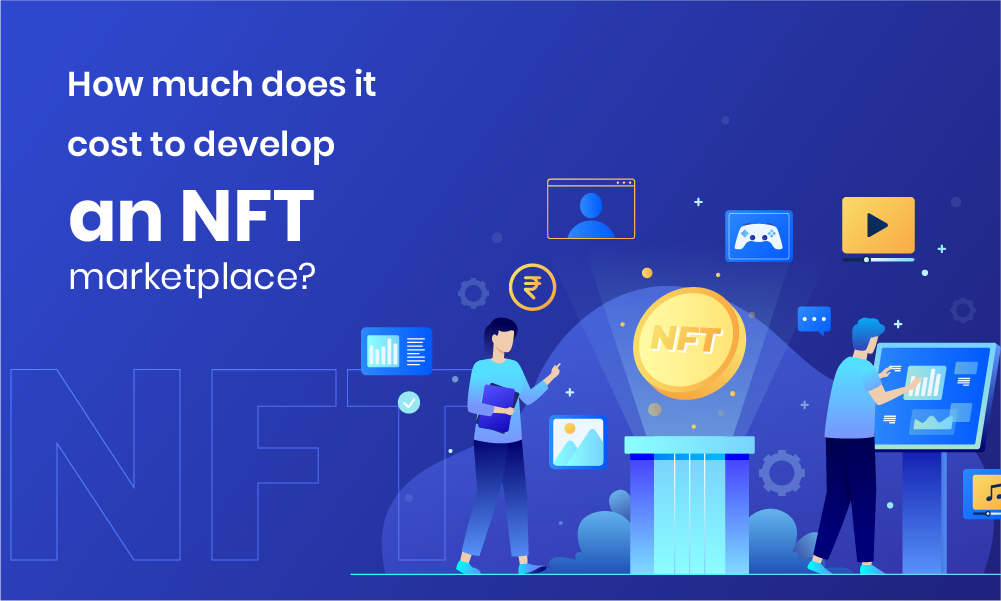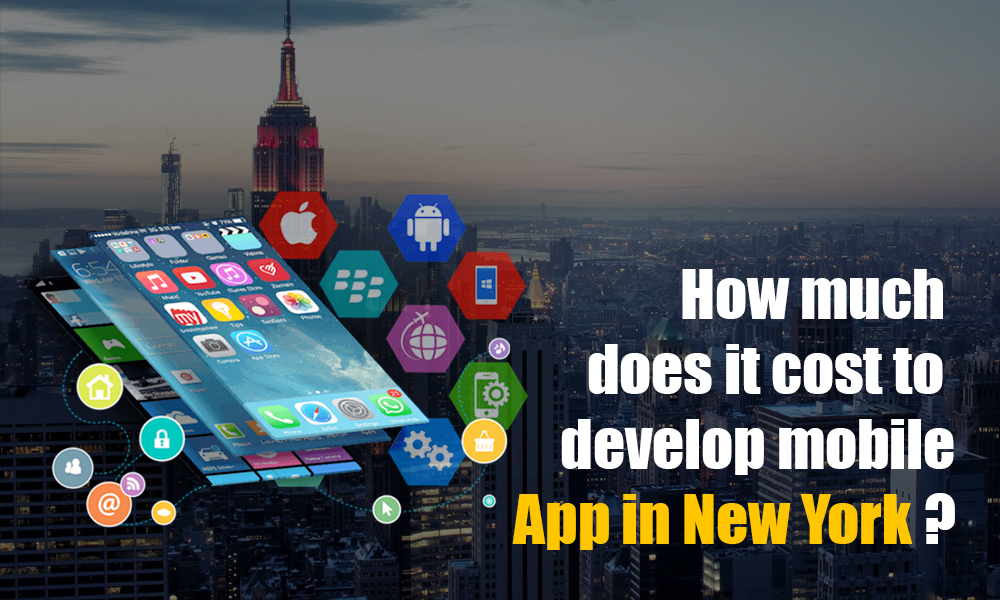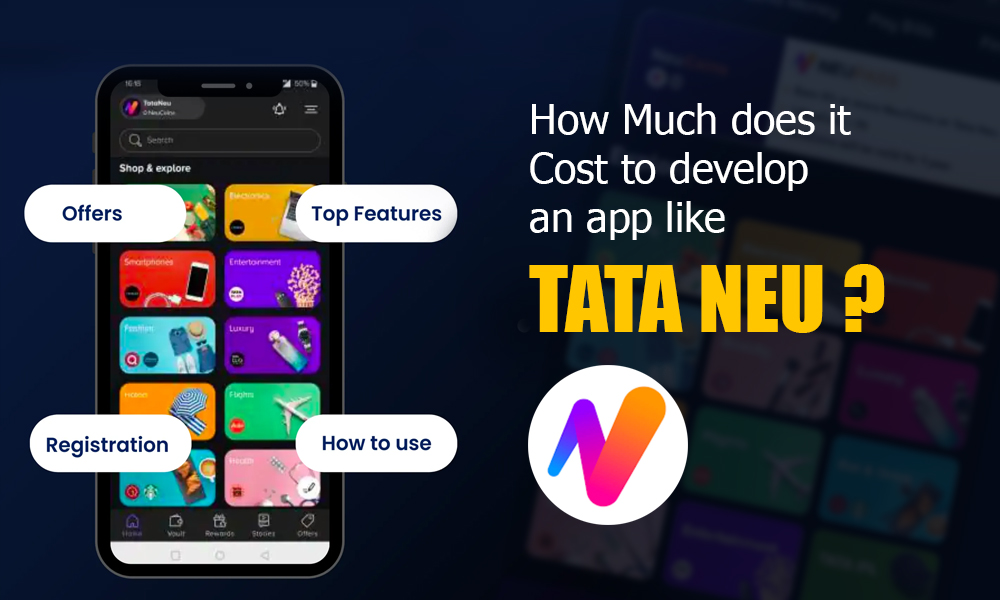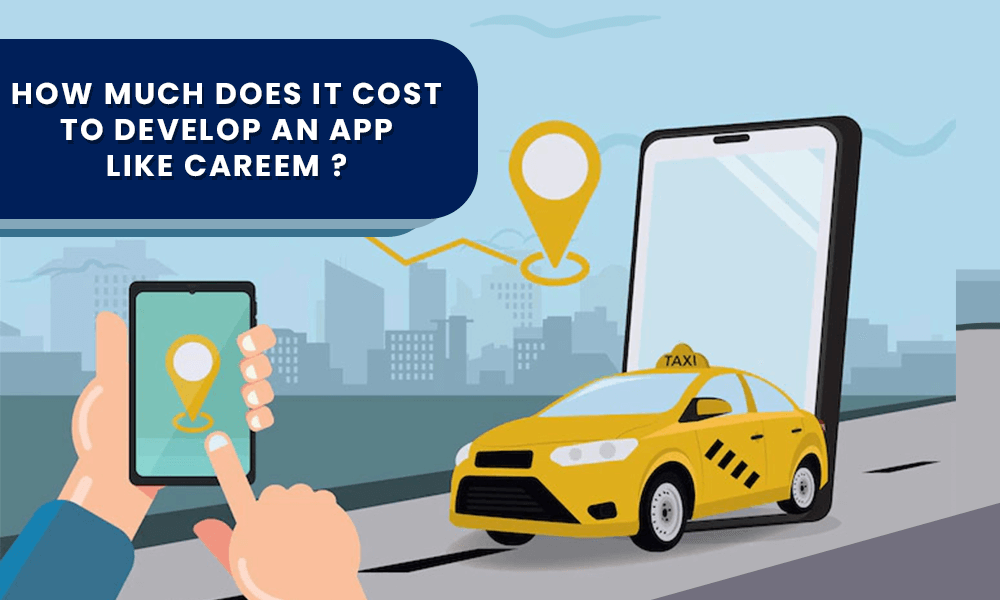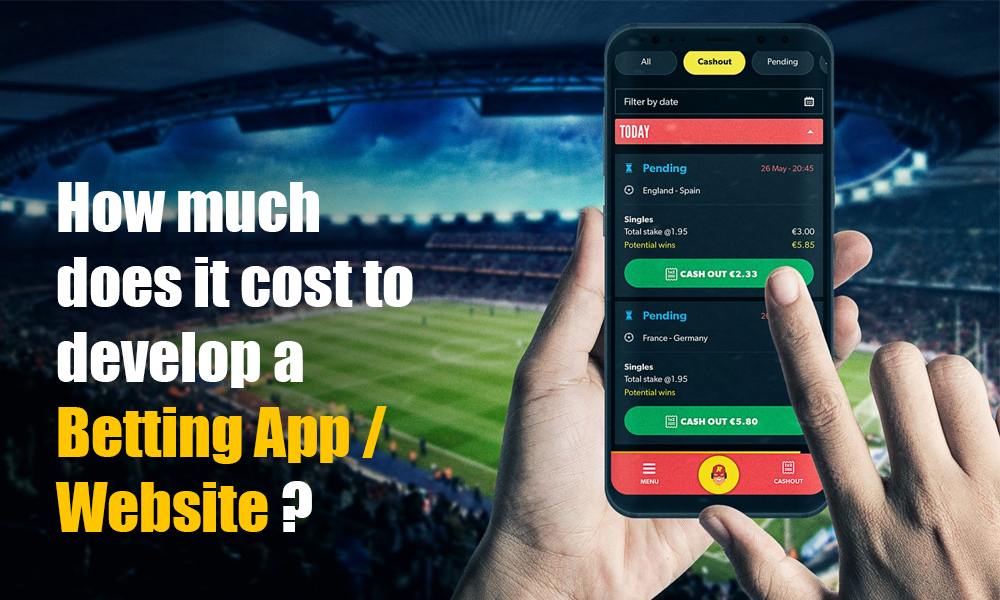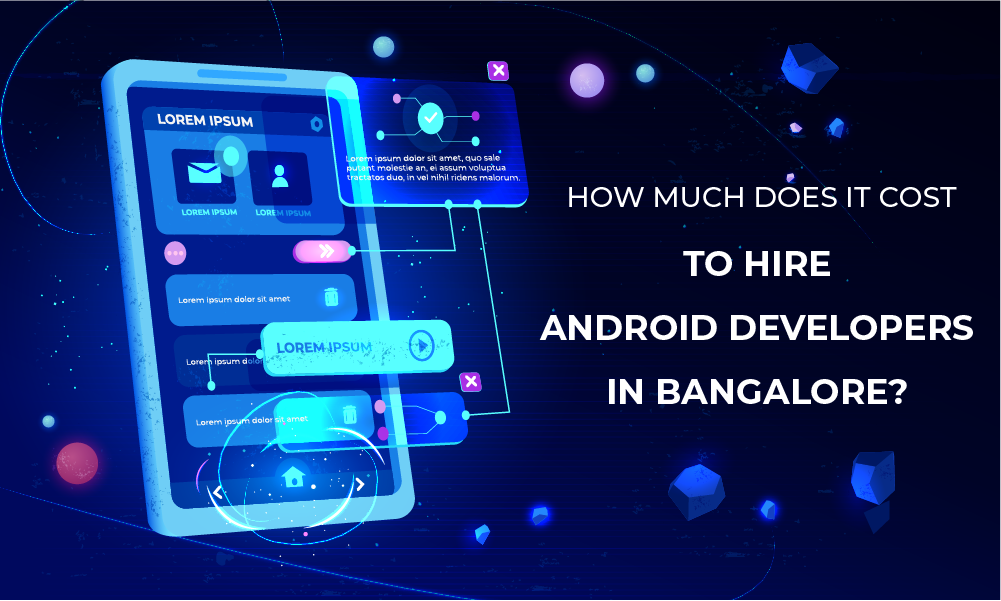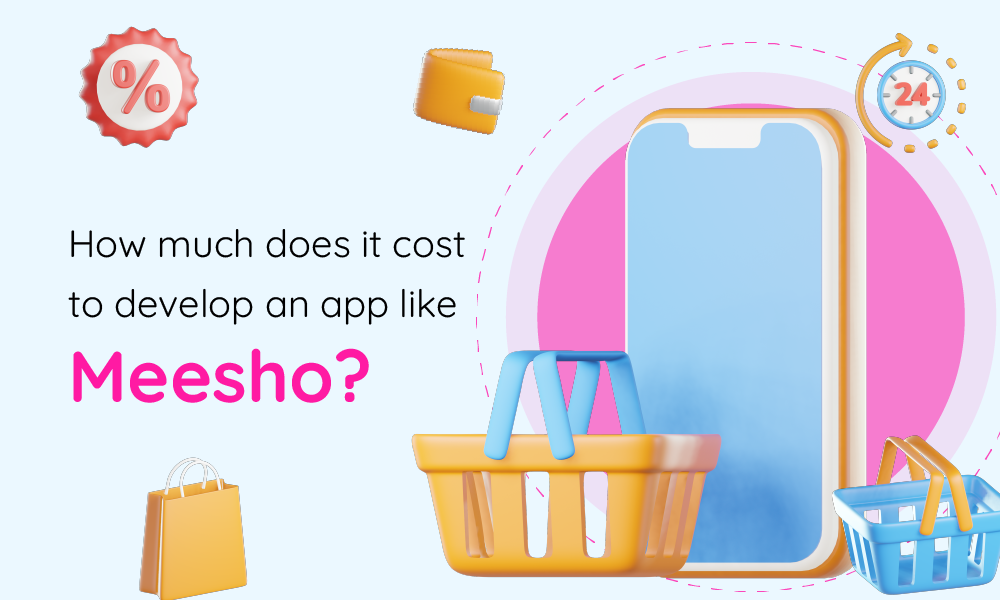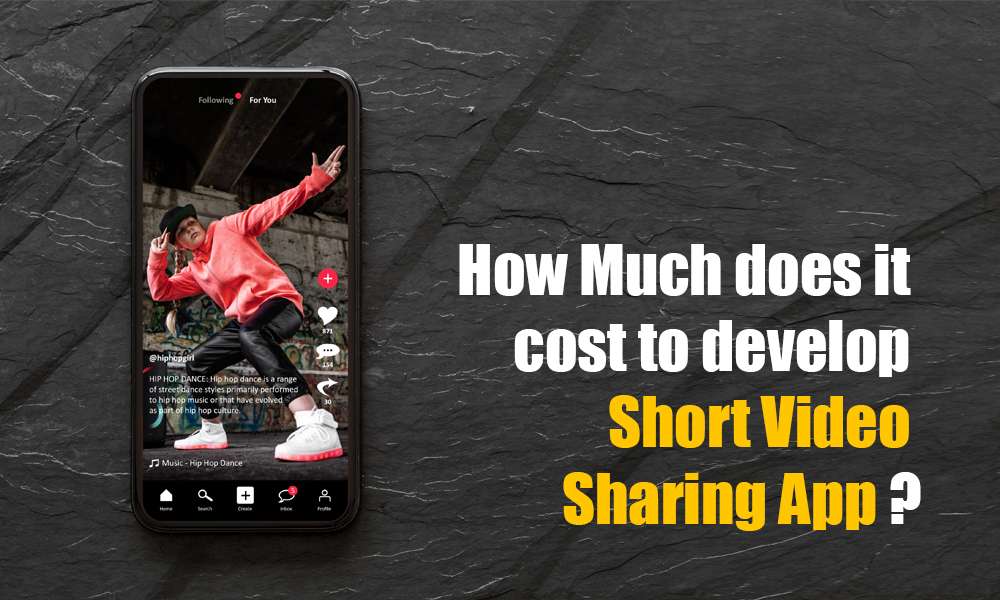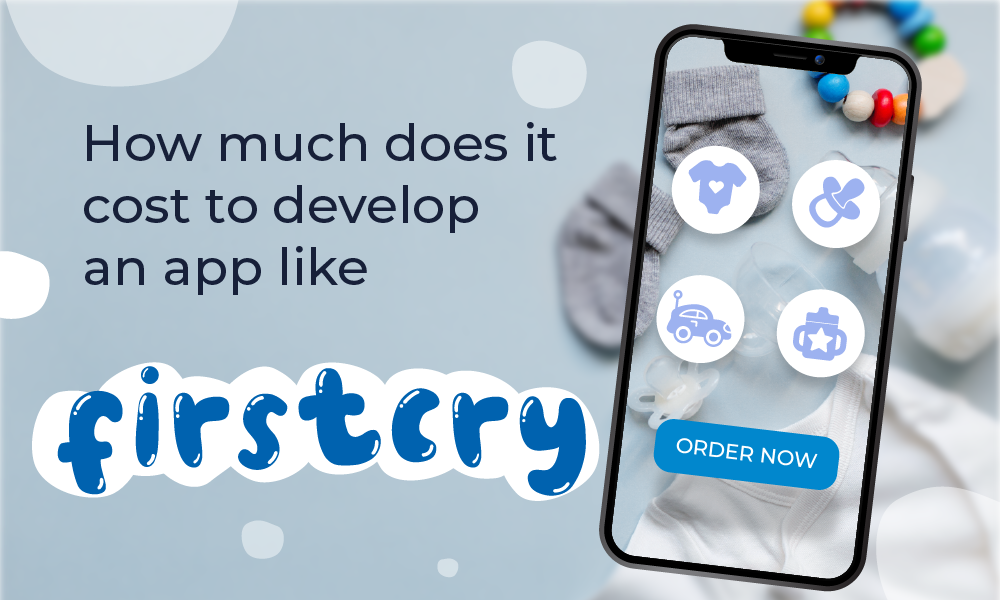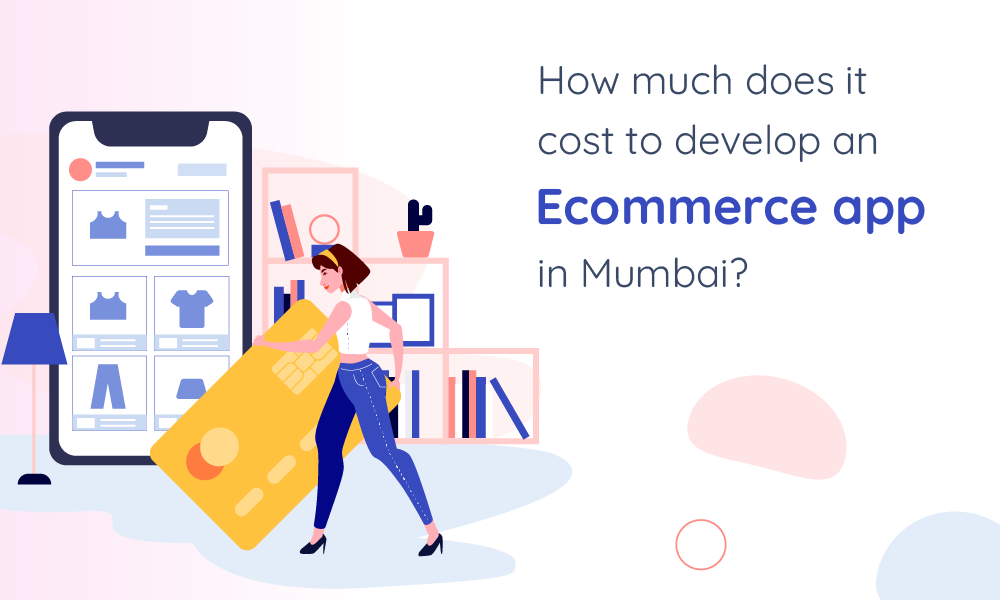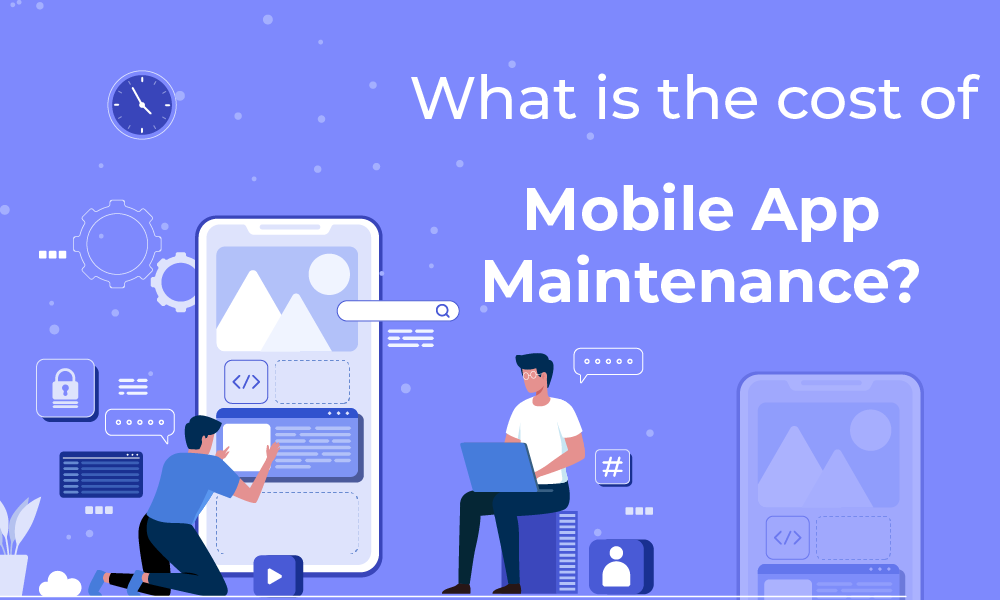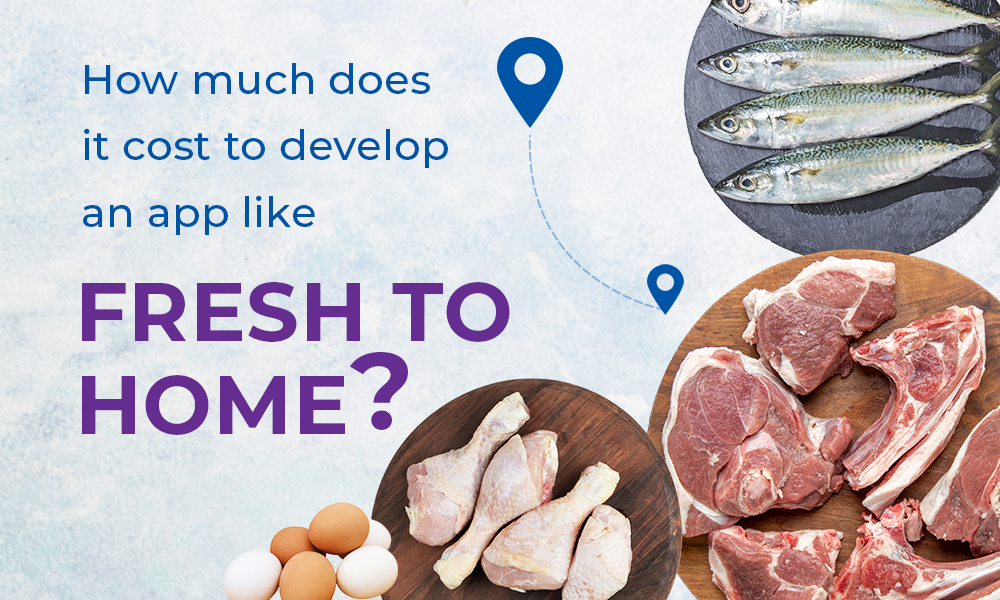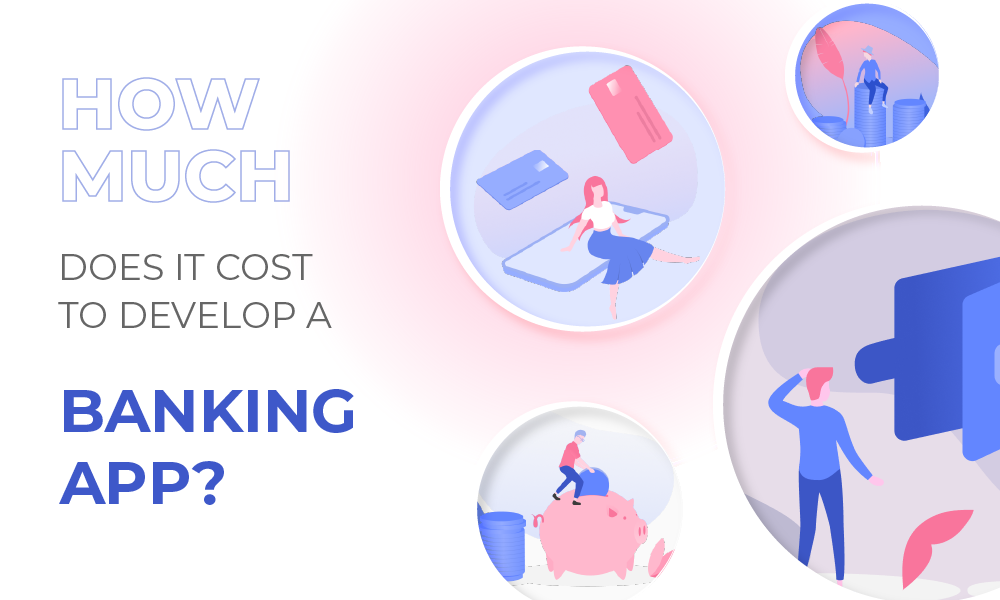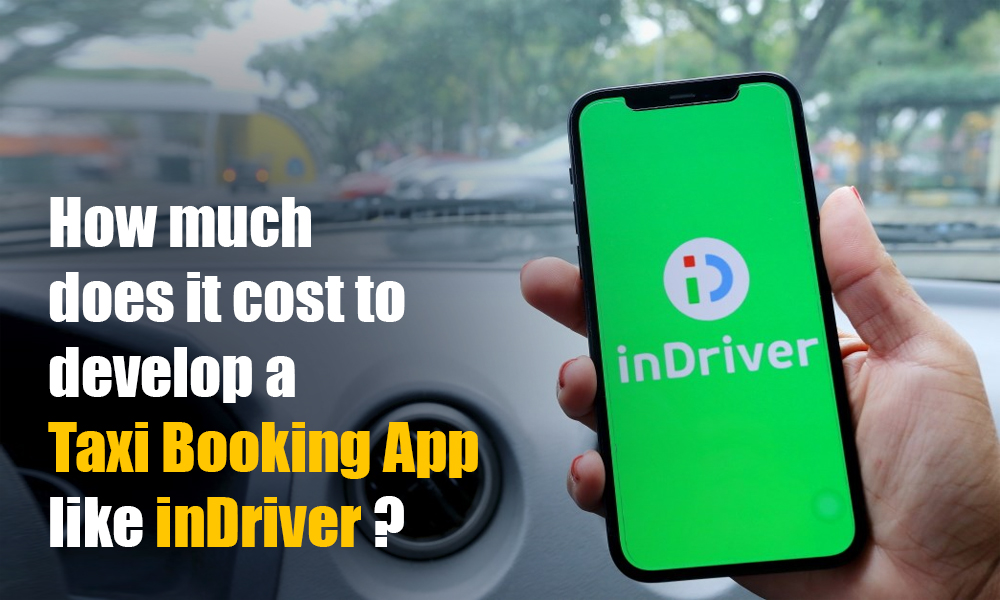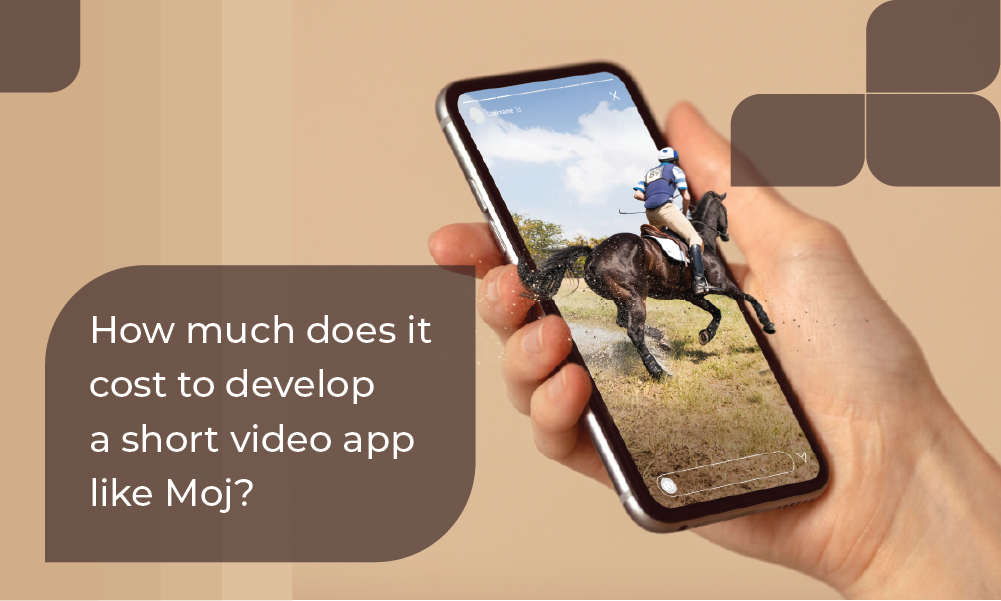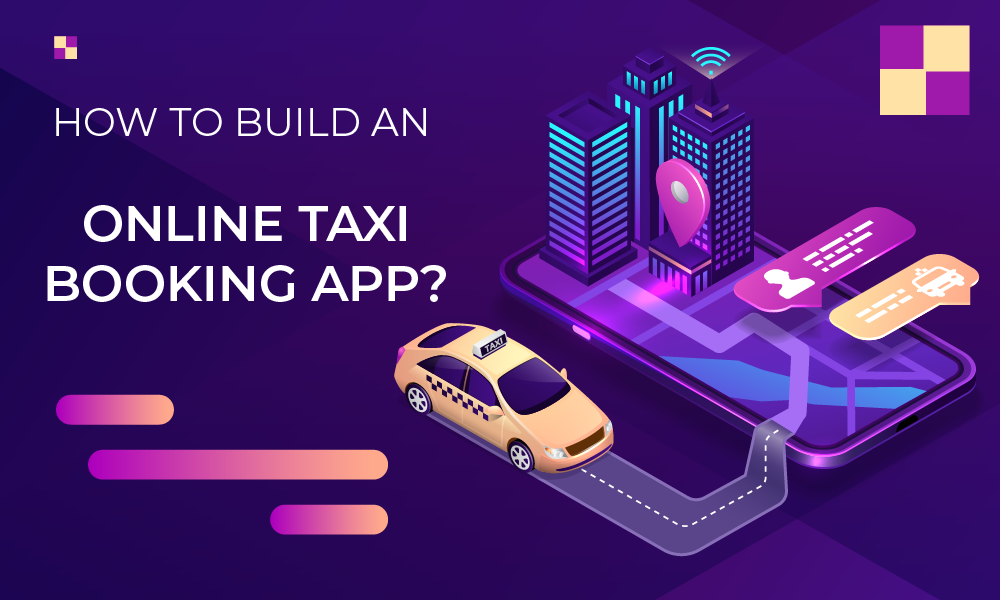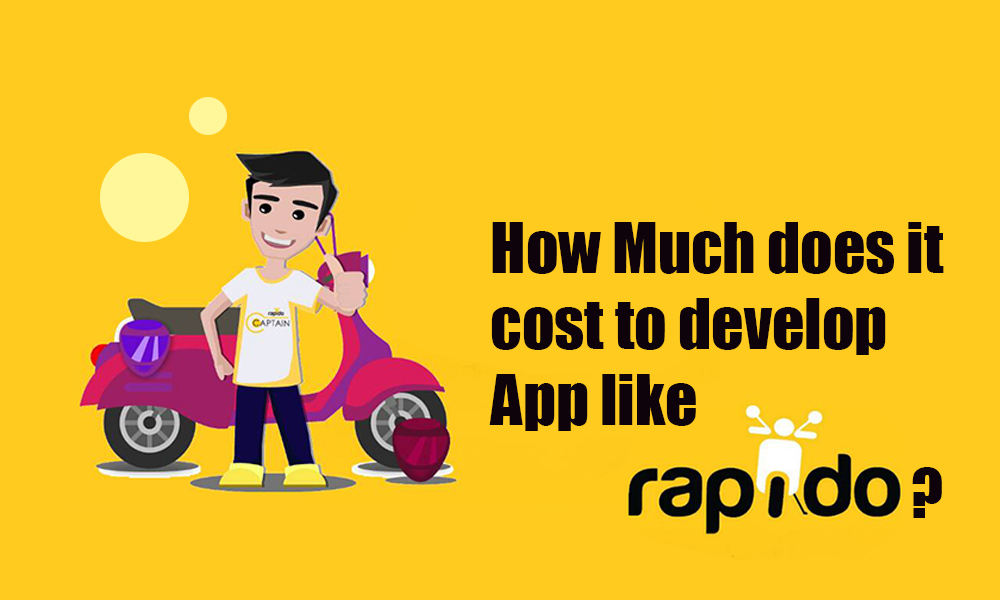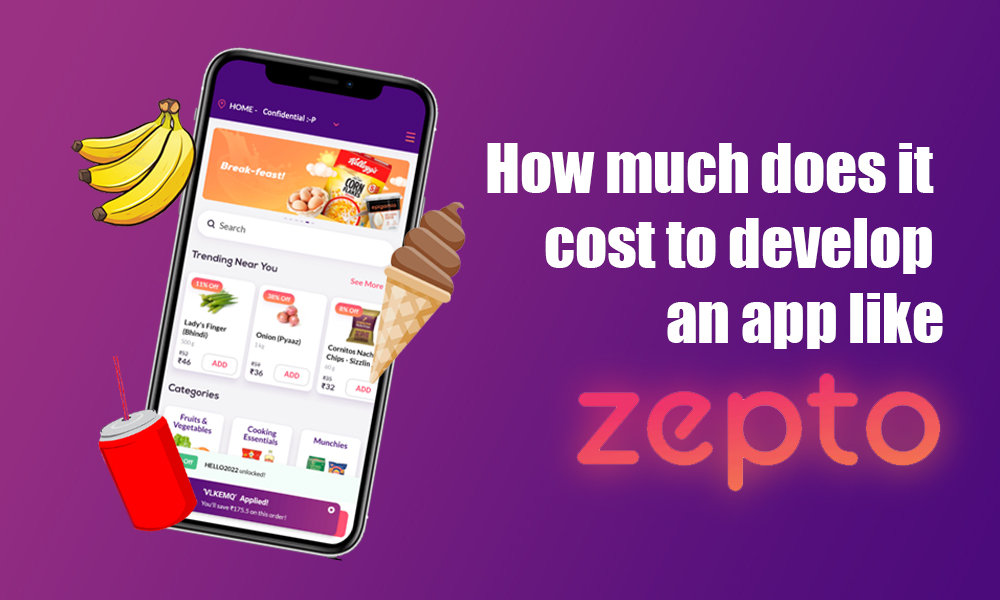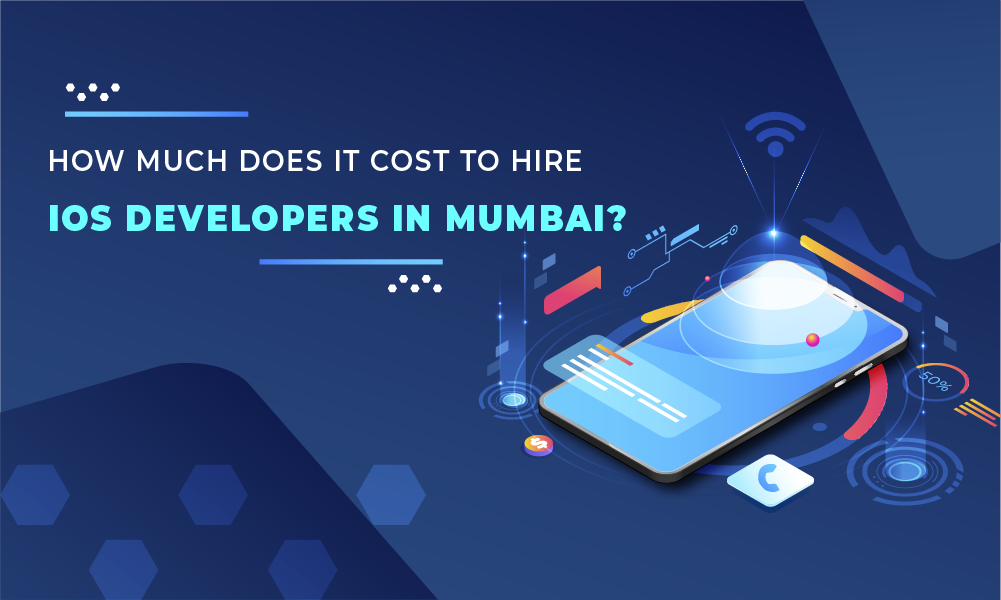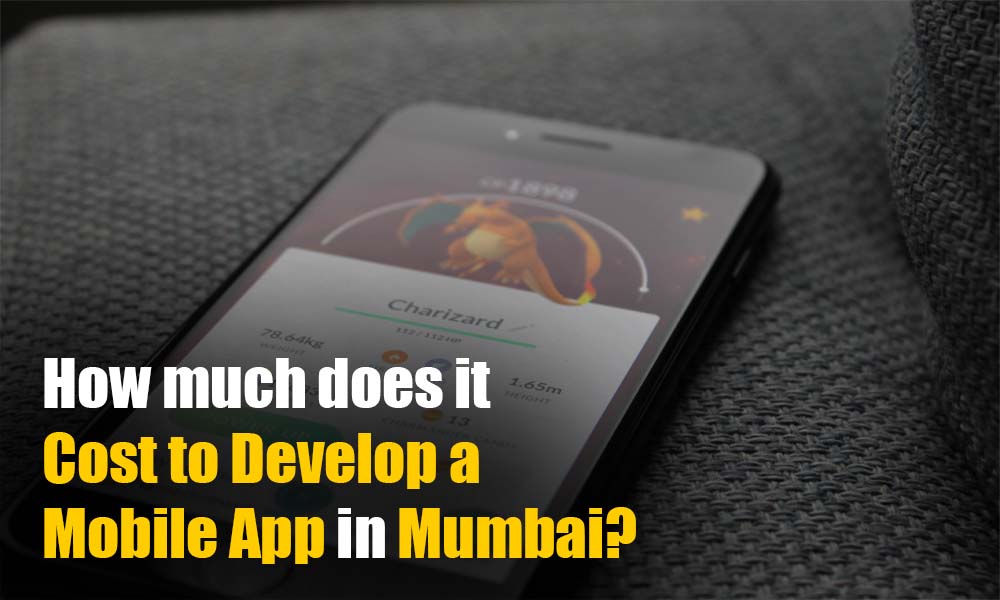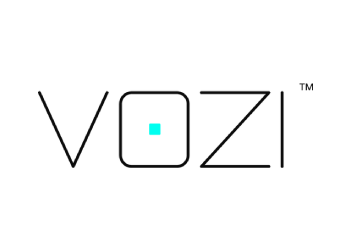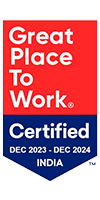Introduction:
Have you ever wished you had your own personal valet to handle your car while you were stressing about… well, everything else? Well, valet parking apps are making that dream a reality!
Whether you’re at a busy hotel, a fancy event, or just out and about, these apps make parking a breeze. They’re not just convenient; these apps are streamlining operations, boosting revenue, and creating a seamless, positive experience for users.
With the valet parking market expected to hit a whopping USD 5.36 billion by 2029, entrepreneurs and valet parking app development companies like ReapMind are jumping on board to make parking apps easier and more enjoyable.
But what is the cost of developing a valet parking application? Well, it’s not a one-size-fits-all situation. Several complex factors influence the valet parking app development cost, including features, platform choices, development team expertise, etc.
In this blog, we’ll delve deep into these variables, providing you with a clear understanding of the cost of developing a valet parking application and equipping you to make informed decisions.
Essential Features and Functionalities of a Valet Parking App:
Table of Contents
ToggleThe valet parking app revolution is upon us, promising a future of effortless parking experiences for users and streamlined operations for businesses. Let’s deep dive into the top features and functionalities of valet parking apps for users and companies, respectively.
For Users:
- Scheduling and Booking:
Users can instantly book or schedule parking with transparent pricing and convenient payment options. Live chat support ensures assistance is available for any special requests or inquiries. - Vehicle Tracking and Communication:
Real-time car tracking, messaging with valets, and push notifications keep users informed throughout the parking process. Vehicle health reports provide additional peace of mind. - Custom Features and Preferences:
Users can save preferred locations, customize valet preferences, and enjoy loyalty programs for a tailored parking experience. - Transparency and Security:
Secure logins, clear terms and conditions, and valet ratings ensure transparency and trust. Multi-language support further enhances accessibility.
For Companies:
- Operations and Management:
Companies benefit from efficient reservation management, automated valet dispatch, performance dashboards, and reporting tools for operational insights. - Customer Service and Experience:
In-app communication tools, customer feedback collection, and custom branding options elevate the customer experience and brand image. - Increased Revenue and Profitability:
Dynamic pricing, upselling opportunities, and subscription plans maximize revenue potential and generate predictable income. - Data-Driven Decision Making:
Detailed usage reports, optimized pricing strategies, and integration with marketing tools enable data-driven decision-making for parking businesses.
Emerging Trends in the Valet Parking App Market:
While understanding development costs is crucial, staying ahead of industry trends is equally important for your valet parking app’s success. Let’s explore some exciting developments shaping the market:
- Integration with Smart Cities & IoT:
Imagine users seamlessly booking valets through connected parking sensors or smart city infrastructure. This trend towards integration with IoT and intelligent systems will enhance the user experience and operational efficiency. - AI-powered Valet Matching & Pricing:
Get ready for AI to step up its game in matching users with the perfect valet based on location, preferences, and even car type. Plus, expect to see more dynamic pricing based on real-time demand data. - Eco-friendly Valet Services:
Sustainability is becoming increasingly important, with apps offering eco-friendly practices like electric vehicle charging and carbon offset programs. Embracing this trend could give your app a competitive edge. - Niche Markets & Personalization:
Say goodbye to one-size-fits-all solutions. Apps tailored to specific needs, like luxury experiences or disability-friendly services, will become more common. Look out for personalization features such as valet profiles and car preferences to stand out from the crowd. - Blockchain & Security:
With growing concerns about data privacy, blockchain technology is stepping in to provide secure and transparent transaction records for users and valets alike. Plus, expect to see tighter security measures like multi-factor authentication becoming the norm.
Factors Affecting Valet Parking App Development Cost:
Mobile app development for valet parking can be a game-changer, offering convenience to users and boosting your business potential. But before you dive in, understanding the factors influencing the cost is crucial. Let’s explore the key elements that shape your app’s price tag:
- App Features and Functionality
When it comes to mobile app development for valet parking app, the features you select lay the groundwork for its success. From essential functionalities to cutting-edge innovations, each type of feature plays a crucial role in shaping the user experience and determining the app’s competitiveness in the market.
- Basic Features:
Start your valet parking app journey with must-have functions such as user profiles, booking systems, and payment integration. While these are vital for functionality, they might not make your app shine in a crowded market. They’re budget-friendly, but consider adding unique touches to make your app stand out from the rest. - Advanced Features:
To take your app to the next level, incorporate features like real-time tracking, updates, personalized valet profiles, and loyalty programs. These enhancements significantly improve the user experience but come with a higher price tag. However, investing in these upgrades can give your app a competitive edge and keep users coming back. - Premium Features:
Offer your users unparalleled convenience with cutting-edge features like AI-powered parking suggestions, car wash integration, and in-app chat support. While these extras require more resources, they can attract and retain loyal customers. If you’re aiming to make a splash in the market, investing in premium features is a smart move. - Platform Choice
Choosing between android valet parking app development costs, iOS costs, or both impacts cost and reach. Developing for Android is cost-effective but limited to Android users. iOS development may cost more due to Apple’s fees. Both platforms offer the widest reach but require separate apps or cross-platform tools, potentially compromising native performance.
- Development Team Location and Expertise
Location and expertise influence development costs. Freelancers offer cost-effective solutions, while agencies provide expertise and project management at a higher cost. Location-based cost variations affect rates, with regions like India and Eastern Europe offering lower rates. Prioritize experienced developers with a strong portfolio for a smooth development process.
- Additional costs to keep in mind
Apart from development costs, consider expenses like design, testing, maintenance, and marketing. A visually appealing design enhances the user experience, while thorough testing ensures bug-free operation. Ongoing maintenance is crucial for app security and functionality. Allocate resources for marketing efforts to attract users and drive adoption.
Cost Estimation Based on Complexity:
- Basic Valet Parking App
The Basic Valet Parking App caters to the needs of individual valet companies, event venues, and hotels with limited valet operations. Offering essential features like user registration, car information storage, valet requests with specified location and time, live car tracking, an in-app payment gateway, and basic user reviews and ratings, this app streamlines the valet parking experience.
With an estimated cost ranging from $15,000 to $30,000 USD and a development timeframe of 3 to 6 months, it presents a cost-effective solution for businesses looking to enhance operational efficiency, improve user experience, and gain valuable insights.
Here’s a closer look at three real-world examples of basic valet parking apps:
- Luxe Valet:
Catering to upscale restaurants, hotels, and events, Luxe Valet offers a seamless experience with user registration, car information storage, valet requests, live car tracking, and in-app payments. Enjoy streamlined booking and payment processes, real-time car location tracking, and valuable customer feedback through reviews. - Valet Anywhere:
Tailored for individual valet companies and event venues, Valet Anywhere simplifies valet operations with user registration, car storage, valet requests, live tracking, and in-app payments. Benefit from flexible booking, driver accountability through ratings, and enhanced customer satisfaction. - Zest Parking:
Designed for parking garages and event venues with valet services, Zest Parking optimizes operations with user registration, car storage, valet requests, live tracking, and multiple payment options. Enjoy increased efficiency for attendants, seamless user experiences, and integrated data insights for improved operations.
- Advanced Valet Parking App :
Building upon the foundation of the Basic app, the Advanced Valet Parking App introduces cutting-edge functionalities such as AI-driven valet request prediction, real-time parking availability display, multi-location support, loyalty programs with rewards, advanced reporting and analytics, and integration with smart parking systems.
With an estimated cost ranging from $35,000 to $75,000 USD or more and a development timeframe of 6 to 12 months or longer, this solution caters to large valet companies, national parking networks, premium event venues, and luxury hotels.
By embracing this advanced technology, businesses can benefit from dynamic pricing based on demand, improved operational efficiency, enhanced user engagement, valuable customer data collection, and a competitive edge in the market.
Here’s a closer look at three real-world examples of advanced valet parking apps:
- SpotHero:
SpotHero utilizes artificial intelligence to predict parking demand across cities, securing spots at the best possible rates. It’s designed specifically for busy professionals and frequent travelers who want to avoid the headache of inflated pricing and last-minute parking scrambles. It helps users conveniently book parking in advance through the app, customize locations and times, access loyalty programs and discounts, and even track their car’s location once parked. - Curb Your Car:
Curb Your Car makes parking affordable for budget-focused drivers. Its dynamic pricing adjusts according to real-time demand, providing cheaper rates when lots are full. Built for tech-savvy users, the app allows users to personally customize the experience by assigning valet instructions, live chatting directions to your valet, and tracking your car once parked. Users can take control by scheduling rides in advance or calling one on-demand. Curb Your Car combines payments, communication, and convenience to make parking a hassle-free experience that won’t break the bank. - Zirve:
Developed for luxury car owners and tech enthusiasts, Zirve’s AI-driven valet matching ensures that the cars get the VIP treatment they deserve. Enjoy hassle-free on-demand or scheduled valet services and seamless car wash and detailing bookings. Stay connected with live car tracking and chat directly with your valet. With subscription plans available, Zirve has all your parking needs covered.
Cost Optimization Strategies:
Launching a valet parking app can be a game-changer, but worries about the price tag shouldn’t hold you back. Here are some potent cost-saving strategies to optimize your valet parking app development journey.
- Figure out who you’re making the app for (luxury hotels, event venues, etc.) and what they really need. Decide what features are super important and what can wait. Stick to the essentials to avoid spending too much.
- Instead of creating everything from scratch, utilize readily available open-source libraries and pre-built components for functionalities like user login, maps, and payments. It saves time and money.
- Don’t try to do everything at once. Start with a Minimum Viable Product (MVP) offering the core functionalities. Gather user feedback and iterate based on their needs and your growing budget.
- Don’t just accept the first quote! Get proposals from multiple development companies, compare their expertise, and negotiate rates. Remember, a little friendly bargaining can go a long way.
How Can ReapMind Assist You in Developing a Stellar Valet Parking App?
The global valet parking market is projected to reach USD 5.36 billion by 2029, fueled by a rising urban population and increasing demand for convenience A recent McKinsey report revealed that 72% of consumers are willing to pay for premium parking services like valet, highlighting the growing need for innovative solutions.
But developing a successful app requires expertise, and that’s exactly where ReapMind, the best valet parking app development company steps in!
Why ReapMind?
- ReapMind boasts a team of seasoned developers with extensive experience in crafting feature-rich mobile apps, including those tailored for the parking industry.
- We understand the importance of balancing budget and functionality, offer transparent pricing models, and work closely with you to deliver an app that aligns with your financial goals.
- Our solutions are designed to grow with your business. We use cutting-edge technologies that ensure seamless scalability as your user base expands.
- At ReapMind, data security is paramount, especially when dealing with sensitive information like vehicle details. We prioritize robust security measures to protect your users’ data.
- Team ReapMind excels at integrating your app with existing parking management systems and payment gateways, streamlining operations and the user experience.
Contact ReapMind today for a free consultation, and let’s discuss how we can turn your vision into a reality.
Conclusion:
Valet parking apps are surging, fueled by a booming $5.36 billion market and the insatiable demand for convenience. This is the future, and you have to be at the forefront!
The potential ROI of a well-developed valet parking app is undeniably promising. Increased revenue, boosted operational efficiency, and a happier customer base—these are just a few of the rewards that await you. Consider the cost not just as an expense but as an investment in the future of your valet service.
Developing a truly stellar app requires the expertise of the right partner. That’s where ReapMind, the best valet parking app development company steps in. We’re not just app developers; we’re your strategic collaborators, deeply invested in understanding your unique needs and translating them into a powerful mobile solution.
Are you ready to turn your vision into reality? Contact ReapMind today, and we’ll guide you through the cost landscape, ensuring you develop an app that not only shines in functionality but also delivers a stellar ROI.
Let’s Connect!
FAQs:
1. What’s the ballpark figure for developing a valet parking app?
Ans: The cost can vary greatly depending on several factors, but generally falls between $15,000 and $100,000+. A basic app with core features might cost around $30,000, while one with advanced functionalities and integrations can reach $100,000 or more.
2. Are there hidden costs to consider?
Ans: Beyond development, consider ongoing maintenance, updates, app store fees, and marketing expenses. These can add up over time, so factor them into your budget.
3. How long does it typically take to develop a valet parking app?
Ans: Development time varies based on complexity, but a basic app could take 2-3 months, while feature-rich solutions might require 6+ months.
4. What are some common mistakes to avoid when developing a valet parking app?
Ans: Rushing the development process, launching with limited features, and neglecting the user experience are common pitfalls.
5. How can I track the success of my valet parking app and measure its ROI?
Ans: Monitor key metrics like downloads, active users, bookings, and user feedback to assess performance.
6. Do I need a separate app for valet staff and users?
Ans: Not necessarily. Popular options include a unified app with different access levels or separate staff-facing modules within the main app.
7. What are some features that add significant cost?
Ans: Real-time location tracking, multi-language support, AI-powered features like car identification, and complex payment integrations can raise costs.







